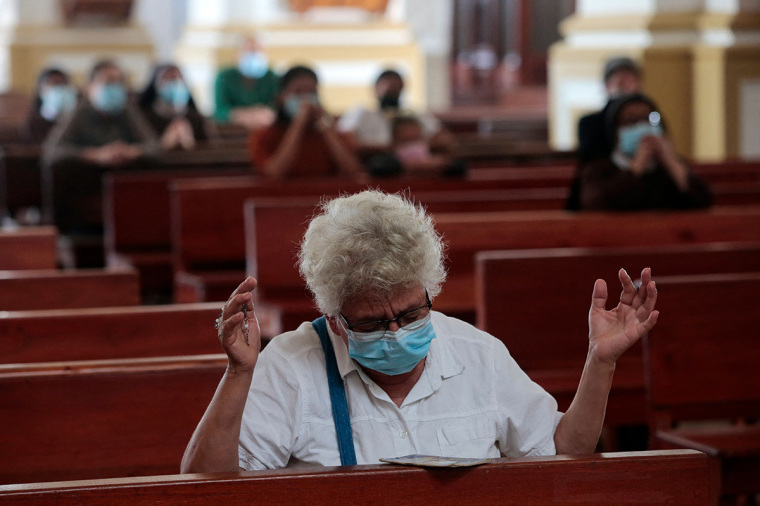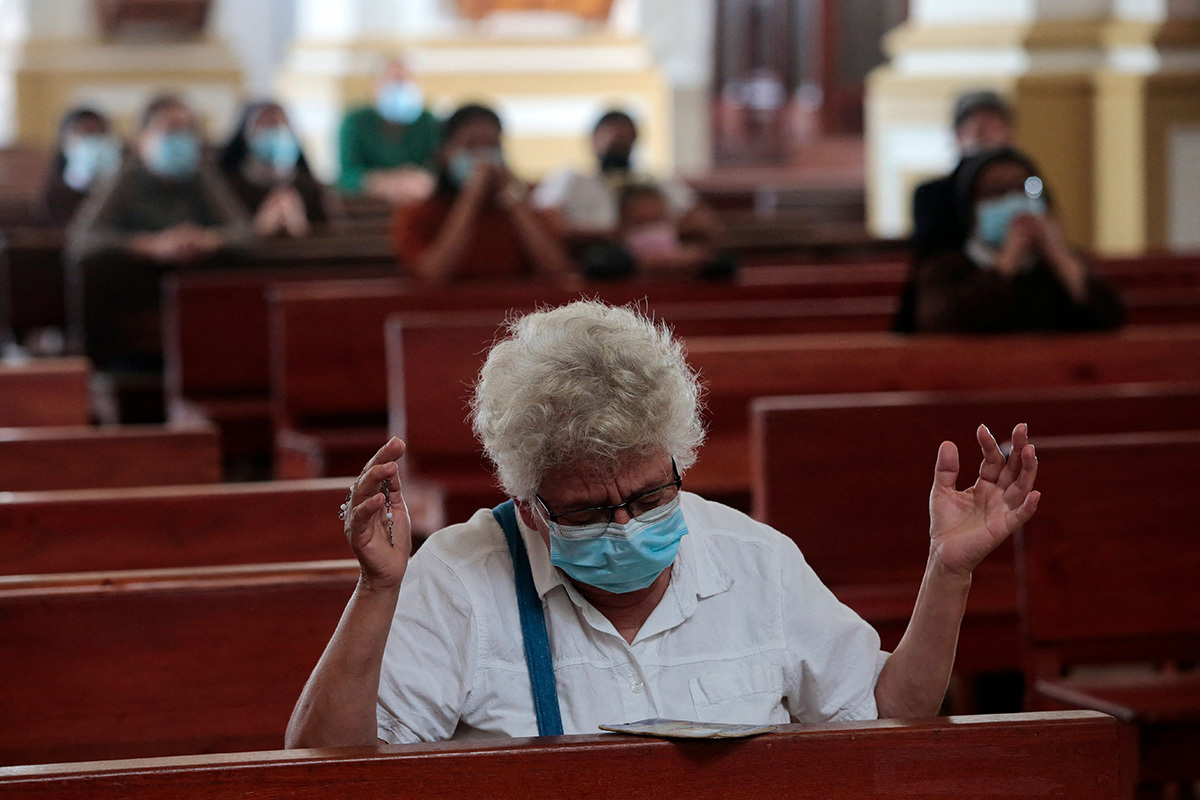
The Nicaraguan government, which appears to be increasingly targeting Catholic clergy and church-related organizations since 2018, has now revoked the legal status of the Society of Jesus, leading to the expected closure of at least three schools and the transfer of the order’s assets to the state.
The Ministry of the Interior this week published a statement, approved by Minister Maria Amelia Coronel, accusing the Jesuit order of failing to report financial statements for fiscal years 2020, 2021 and 2022, and of having an expired board of directors since 2020.
The statement cites violations of Articles 34 and 35 of Law No. 1115, which governs non-profit organizations, according to the U.K.-based group Christian Solidarity Worldwide.
The government’s move comes a week after it canceled the legal status of the Jesuit-run Central American University, or UCA, and froze its bank accounts.
The UCA campus served as a hub for 2018 anti-government protests. It is the alma mater of several student leaders who were active in those protests. Tensions between the government and the Catholic Church escalated after the church mediated in the aftermath of the 2018 protests.
This year, at least 26 universities have been shut down in Nicaragua, the group has said.
The government labeled UCA as a “center of terrorism,” accusing it of betraying the Nicaraguan people.
The Central American Province of the Society of Jesus refuted these claims last week, stating the accusations are “false and unfounded.”
Days later, authorities seized the homes of Jesuit community members in Managua. The police, along with judiciary members, evicted the Jesuits from their Villa del Carmen residence, claiming the property as government-owned.
Since April 2018, nearly 3,500 non-governmental organizations have been dissolved in Nicaragua, according to Deutsche Welle. These include groups focused on human rights, environmental issues and social services.
Anna Lee Stangl, CSW’s Head of Advocacy, described the government’s actions as alarming. She urged the international community to hold President Daniel Ortega accountable for human rights violations.
An ideological umbrella, which portrays Ortega as being “anointed by God … for sacred Nicaragua,” is behind the persecution of Catholic and Protestant institutions and individuals in the country, an adviser for the U.S. Conference of Catholic Bishops said last year.
Christopher Ljungquist, an adviser for Latin America at the USCCB’s Office of International Justice and Peace, said Ortega’s government operates under “political messianism,” a movement that sees itself as “the national savior, the national liberator.”
Ljungquist said he visited Nicaragua in 2018 at the height of the protests. He reflected on Murillo’s rhetoric in her speeches, saying many believe she is the real power behind the throne.
“Her speeches are a theatrical and flamboyant brand of political preaching,” he said, adding that she combines “Christian symbology with New Age occultism.”
“She claims Nicaragua’s allegiance to ‘God and Daniel,’” he added. “They even dress statues of Mary in Sandinista colors.”
Like most totalitarian ideologies, “Sandinismo (ideology) is hegemonic,” he explained. “It seeks to bring the entire Nicaraguan society, especially religion, under the ideological control of its movement.”
Against this backdrop, the conflict is “inevitable” when an institution like the Catholic Church calls the government to account, he warned, saying “political messiahs do not like to be questioned.”
Nicaragua ranks 50th on Open Door U.S.’s World Watch List for extreme Christian persecution. Catholic churches in the country are particularly targeted, it points out, adding that the government’s actions include slander and surveillance against church leaders, labeling them as terrorists.
The U.S. Commission on International Religious Freedom’s 2022 report detailed arrests and forced exiles of clergy by Ortega and Vice President Rosario Murillo.
Further actions against the Catholic Church include death threats, theft of religious items, and unlawful entry into churches, according to USCIRF.
Earlier this year, a court sentenced Catholic Bishop Rolando Alvarez, an Ortega critic, to over 26 years in prison and stripped him of his citizenship.
Free Religious Freedom Updates
Join thousands of others to get the FREEDOM POST newsletter for free, sent twice a week from The Christian Post.




























![[Video] More – Aghogho » GospelHotspot](https://gospelhotspot.net/wp-content/uploads/2024/04/More-Aghogho.jpeg)
















